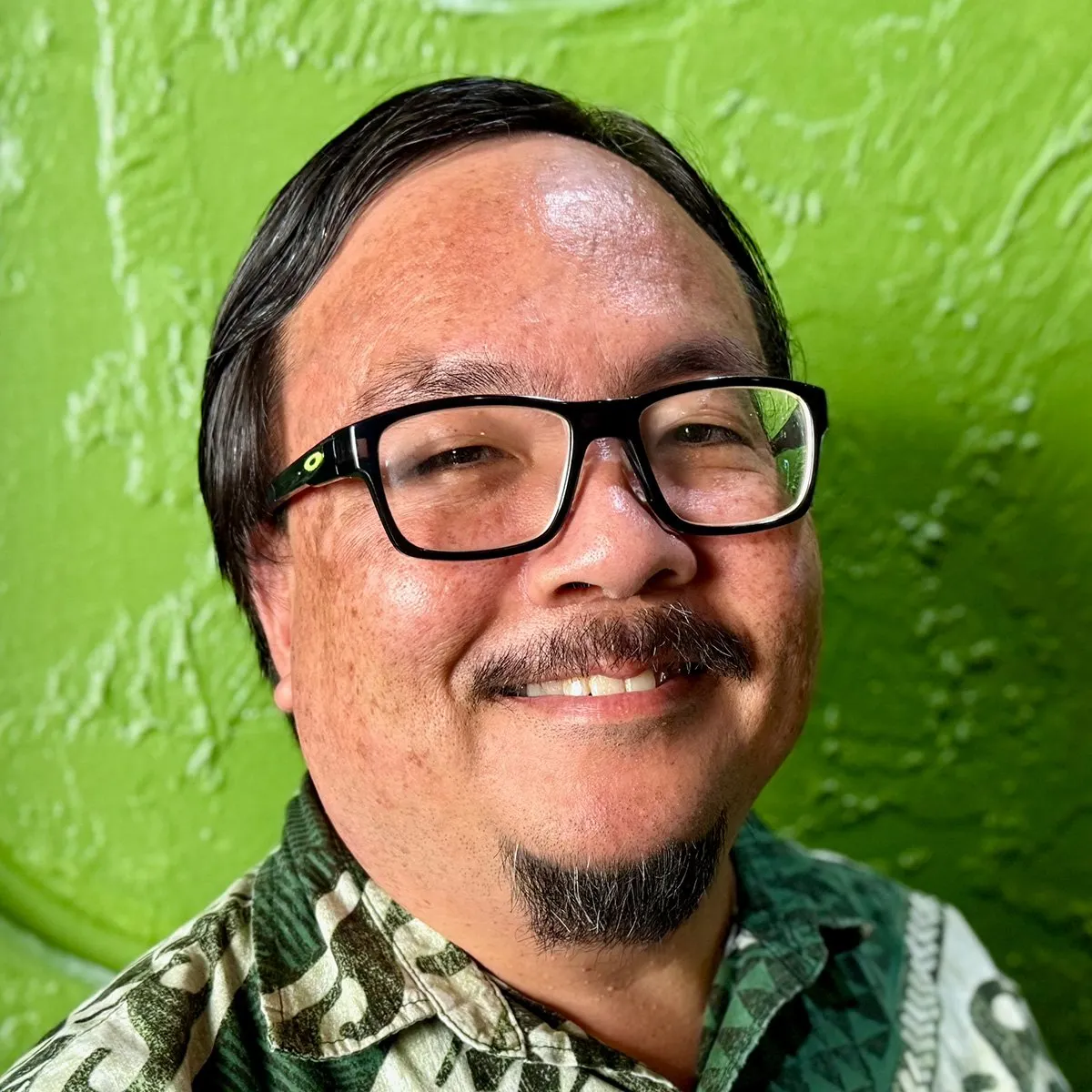An errant Google Forms account and an early trading launch were among the missteps that concerned team members at Binance, based outside of the United States, who worried that U.S. regulators would flag undue influence over its American licensee, Binance.US. This according to a Sunday Wall Street Journal report.
The revelations come less than a month after company officials reportedly discussed paying monetary settlements in pending regulatory cases in the U.S. In December, the Justice Department was said to be mulling criminal charges against Binance CEO and founder Changpeng "CZ" Zhao.
Binance—by far the world's largest crypto exchange—was also among many firms that sought to bring Gary Gensler into the fold as an adviser while he was teaching at the Massachusetts Institute of Technology, the report said, as many as two years before Gensler became chairman of the Securities and Exchange Commission.
The Journal cited company documents and interviews with former employees, but also quoted from a group chat among key members of the Binance team, including Zhao. Of meetings with Gensler, Zhao reportedly wrote, "While Gensler declined advisor-ship, he was generous in sharing license strategies.”
Another employee messaged that Gensler was "likely back in a regulators seat if Dems win the 2020 election." After President Joe Biden was elected, Gensler served on his transition team and was ultimately nominated and confirmed by the Senate to chair the SEC in April 2021. He was granted a five-year term five days later—through 2026.
A central concern of Binance was staying out of the crosshairs of U.S. regulators while courting U.S. customers. Citing an internal presentation titled "Insulate Binance from US Enforcement," the Journal noted that Binance wanted to stress that Binance.US—established in 2019 under a a Delaware company named BAM Trading Services Inc.—was merely a company that would license Binance’s technology and brand.
That company, however, was reportedly controlled by Zhao.
Binance struggled to separate its global and U.S. businesses, with more than 18% of page views on Binance.com coming from U.S. users. The Journal said a company compliance officer suggested on Telegram, "Have them be creative and VPN."
When Binance.US was preparing to onboard new customers, an employee mistakenly created a Google Form using an account under the international company, reportedly causing a stir as the team tried to change the form's attribution from Binance.com to Binance.US. An employee fretted on Telegram that the error could be used as proof of "corporate veil piercing."
“If I were an AG, I would cite this as evidence," he continued.
In a separate instance, the Journal reported that a Binance employee launched trading on Binance.US early, causing panic in the group chat. It was Zhao who eventually diagnosed where the mistake was made: "a guy here in Shanghai."
Catherine Coley, the first CEO of Binance US, was quoted as declaring that "we are a very separate entity" and "we are simply licensing software" to the public, but telling members of her team internally that they were also reporting to Binance executives "CZ/Wei"—Zhao and then-CFO Wei Zhou.
"Everyone please post your weeklies before tonight 7 pm est/4 pm pst so we can be in the good graces of Wei," she reportedly posted on Telegram. "Send me 2-5 bullet points of what we think CZ/Wei should know about your work."
The Journal secured statements from both Binance and Binance.US, the former responding that Binance.com "did not have adequate compliance and controls in place during those early years... we are a very different company today when it comes to compliance.” The U.S. spokesperson said simply, “Binance.US was founded specifically to serve U.S. customers with products and services that adhere to U.S. rules and regulations.”
Decrypt has previously reported on Binance’s multiple compliance shortcomings, which have raised the ire of regulators in the United Kingdom, Italy, Malaysia, Singapore and many other jurisdictions.

